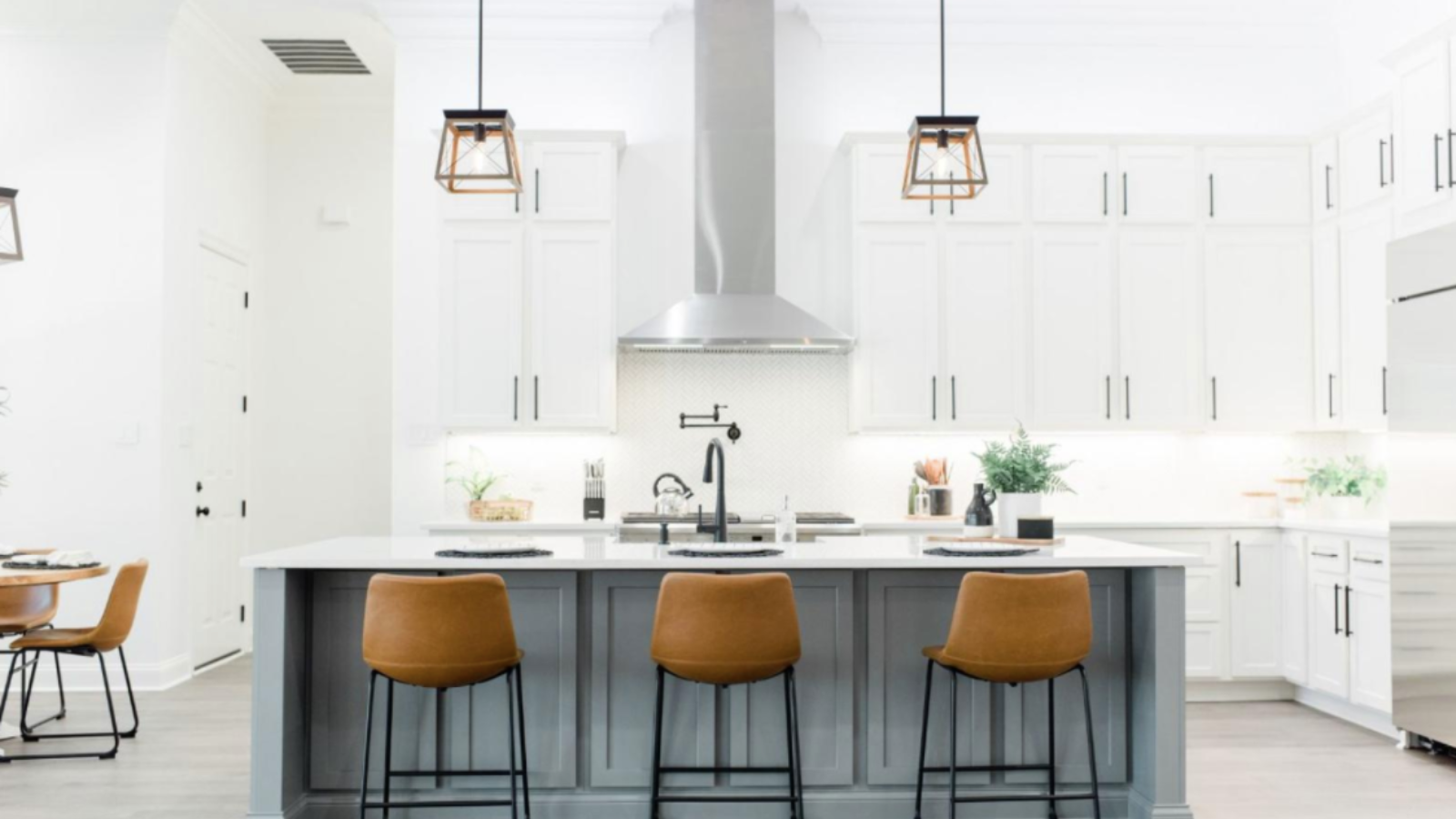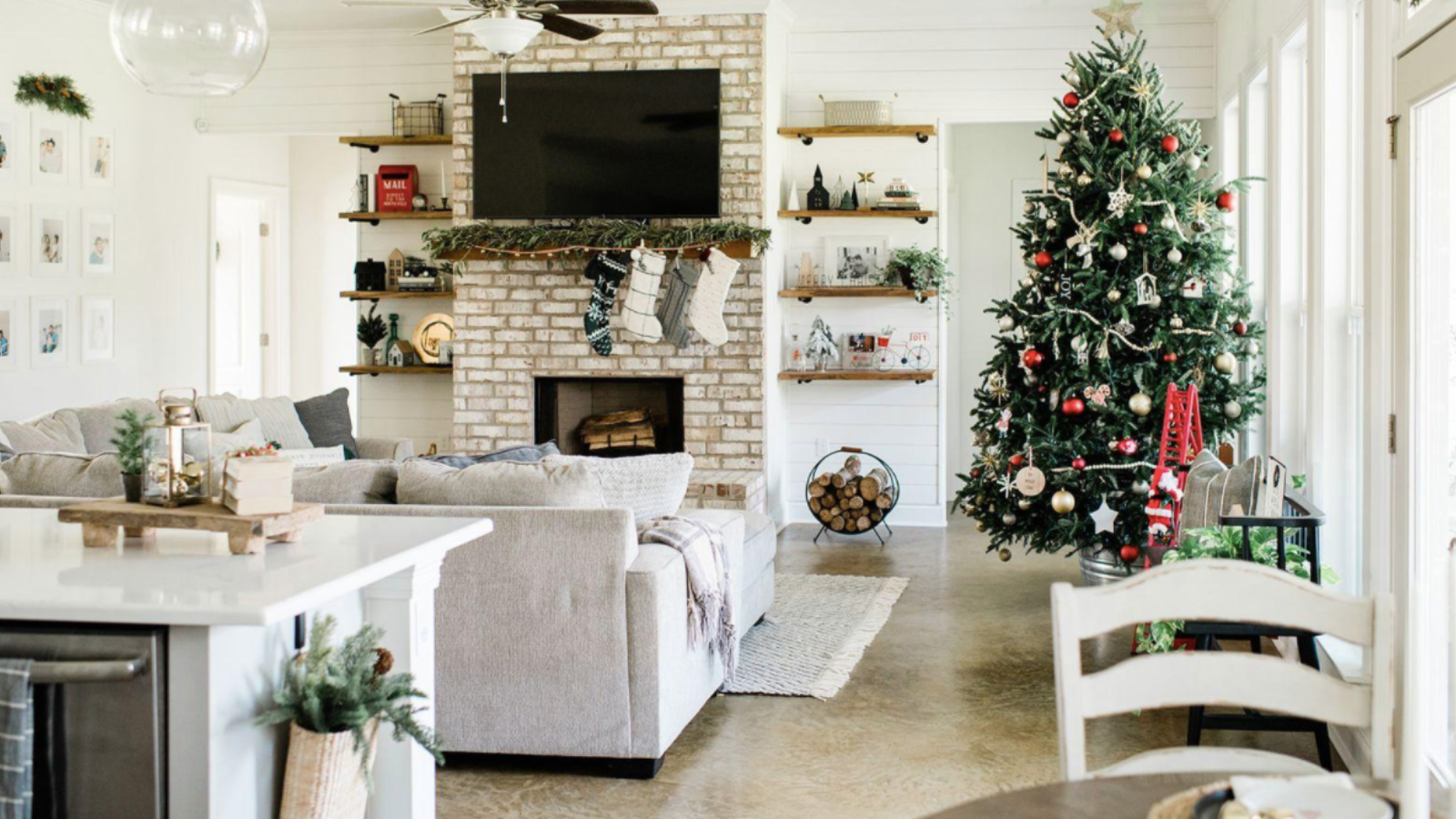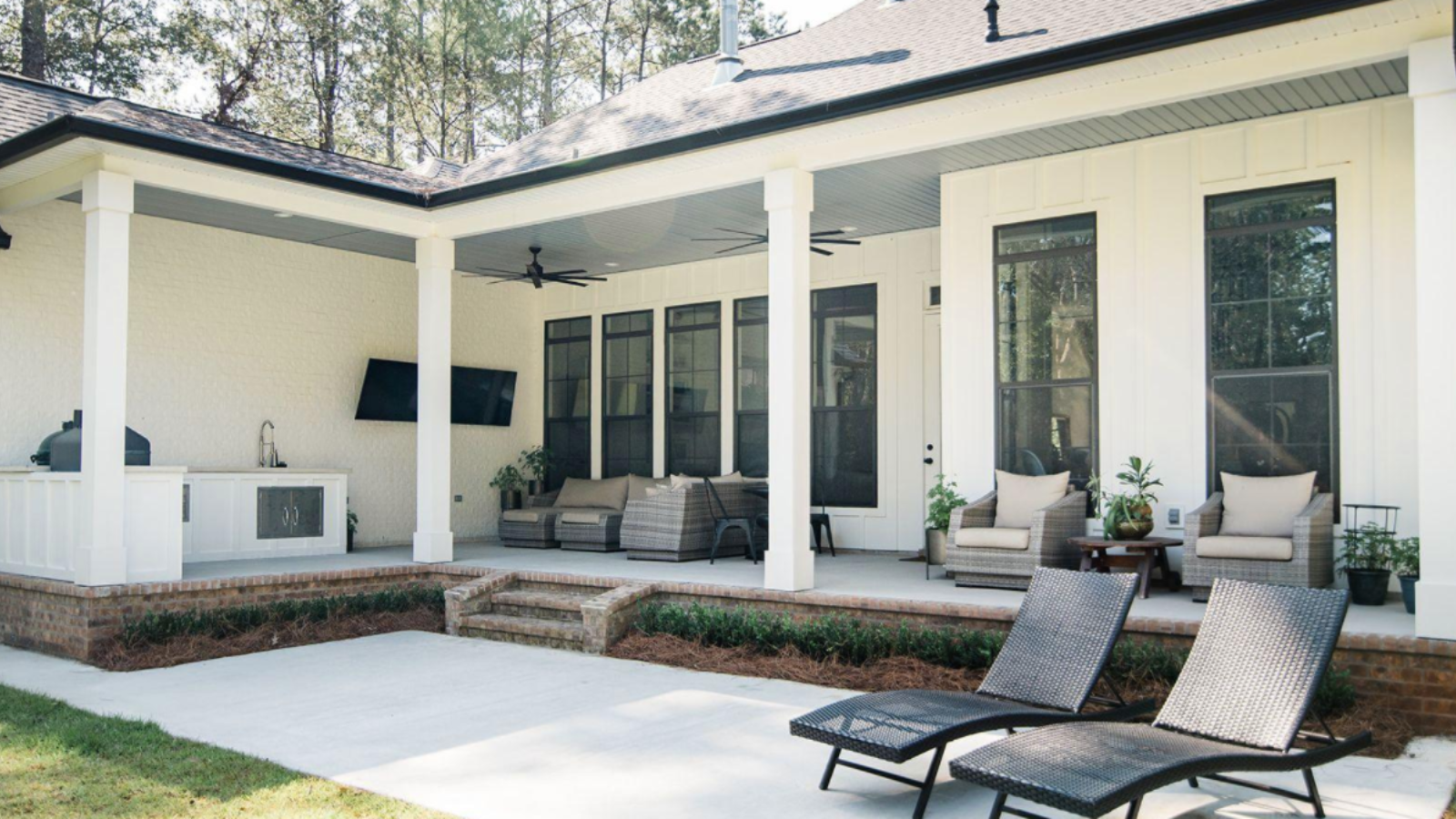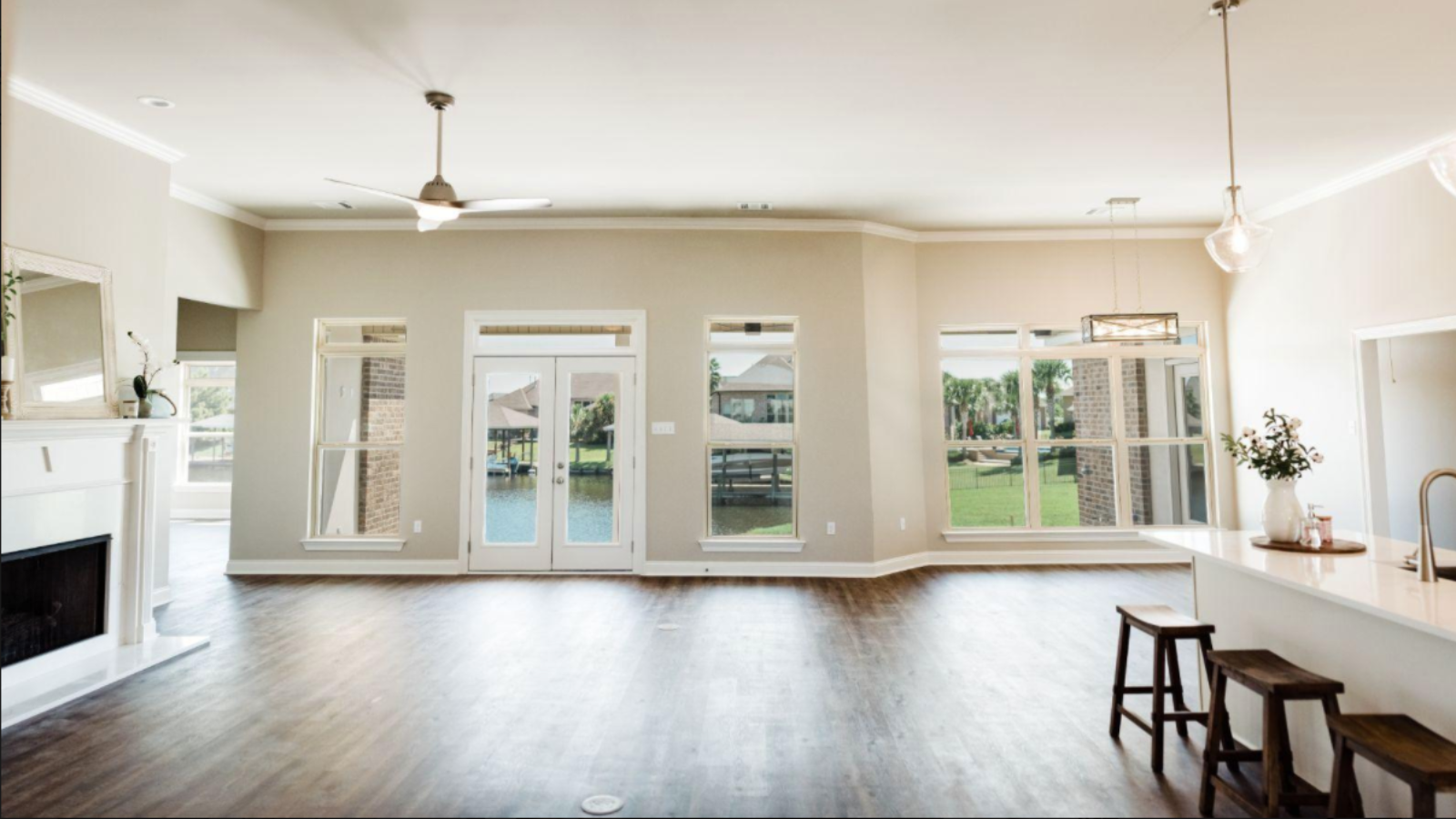News
Common Construction Delays and How to Avoid Them
Learn how to avoid construction delays and stay on schedule with Cretin Townsend Homes—your trusted Homebuilder in Louisiana.
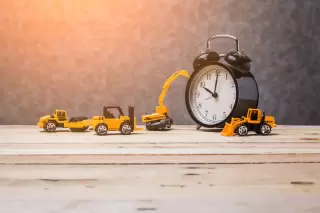
Introduction
Building a home is one of the most exciting journeys you’ll ever take. You’ve likely dreamed about it for years—picturing every wall color, countertop, and detail. But here’s the thing no one wants to talk about: construction delays are real.
So, why do they happen? And more importantly, how can you avoid them? At Cretin Townsend Homes, we’ve seen it all—and we’re here to help you steer clear of common pitfalls that could throw your timeline off track.
Let’s dive into what causes these delays and what you can do to make your homebuilding journey as smooth as possible.
Understanding Construction Delays
What Are Construction Delays?
Construction delays happen when your project takes longer than originally planned. This can mean weeks or even months of waiting when all you want is to move in and start making memories.
Are Delays Really That Common?
Unfortunately, yes. Many projects experience at least some form of delay. The good news? Most of them can be avoided with the right preparation, team, and communication.
Top 10 Common Causes of Construction Delays
1. Poor Planning and Incomplete Design
Think of your home like a recipe—you can’t bake the cake if you don’t have all the ingredients. Incomplete plans lead to constant stops and starts.
2. Bad Weather Conditions
Mother Nature doesn’t always cooperate. Rain, extreme heat, or hurricanes can all slow down progress.
3. Permit and Inspection Delays
Construction can’t legally move forward without the proper permits and inspections. These can take longer than expected if not managed early.
4. Labor Shortages or Scheduling Conflicts
With high demand in the construction industry, sometimes skilled labor is booked out weeks or months in advance.
5. Supply Chain Issues and Material Shortages
Remember the toilet paper shortages of 2020? The same thing can happen with construction materials like lumber, roofing, or windows.
6. Unclear Communication with the Builder
If you and your builder aren’t on the same page, mistakes and missteps can happen—causing unnecessary delays.
7. Last-Minute Design Changes
Changing your mind about the layout or materials halfway through? That’s a surefire way to push your timeline back.
8. Financing or Payment Delays
Lenders, banks, and payment approvals can sometimes hold up construction if financing isn’t secured early.
9. Unforeseen Site Conditions
Hidden issues like unstable soil, old utilities, or drainage problems can surprise even the best builders.
10. Lack of Experienced Project Management
A builder without a clear, organized process can easily let deadlines slip through the cracks.
How to Avoid Construction Delays
1. Work with a Reputable Builder
Start by choosing a builder who has a proven track record—like Cretin Townsend Homes. Reputation matters.
2. Get Your Design Finalized Before Construction Begins
Lock in your design before the first hammer swings. The fewer changes mid-build, the better.
3. Stay Informed About Permitting Requirements
Ask your builder about permits upfront. A builder with local experience will handle this smoothly.
4. Plan for Weather Delays
While you can’t control the weather, building during optimal seasons and adding buffer time to your schedule can help.
5. Confirm Material Orders Early
Get materials ordered as soon as possible to avoid supply chain delays down the line.
6. Maintain Open Communication with Your Builder
Regular updates, meetings, and check-ins will keep everyone on the same page and prevent surprises.
7. Avoid Last-Minute Changes
As tempting as it may be, try to stick with the original plan to avoid rework and extra time.
8. Secure Your Financing Before Breaking Ground
Work with your lender early to ensure funding is ready when you need it.
9. Get a Detailed Timeline and Project Plan
Request a clear, step-by-step timeline so you know what to expect at every stage.
10. Trust the Experts to Manage the Process
Let your builder lead the way. Micromanaging can often slow things down rather than speed them up.
Why Choosing Cretin Townsend Homes Helps You Stay on Schedule
Our Proven Process
At Cretin Townsend Homes, we’ve developed a step-by-step building process designed to eliminate unnecessary delays. From the first meeting to the final walk-through, we guide you through every phase with clarity.
Experienced Team and Communication Commitment
Our team knows the local landscape—literally and figuratively. We maintain constant communication to keep you informed and empowered throughout the entire journey.
Local Knowledge of Permits and Weather Patterns
We’re no strangers to Louisiana’s permitting offices or its unpredictable weather. Our experience helps us plan ahead and manage challenges before they become problems.
Conclusion
Construction delays can be frustrating, but they don’t have to derail your dream. By knowing what to expect and choosing a builder who’s prepared for anything, you’ll stay on track and cross the finish line with confidence.
When you partner with Cretin Townsend Homes, you’re not just getting a builder—you’re getting a team committed to your timeline and your peace of mind. Ready to build smarter, not slower? Let’s talk.
Frequently Asked Questions (FAQs)
What’s the biggest cause of construction delays?
Poor planning and incomplete designs are often the top culprits. That’s why starting with a solid plan is crucial.
Can construction delays increase my budget?
Yes, delays can add costs—especially if materials or labor prices change during the wait. Staying on schedule helps keep your budget in check.
How do I know if my builder is managing the timeline well?
Look for regular updates, clear timelines, and proactive problem-solving. A good builder communicates early and often.
What should I do if bad weather stops my build?
Trust your builder to manage the schedule and communicate any changes. Some weather delays are unavoidable but can be built into your timeline.
How early should I apply for financing?
As early as possible! Ideally, get pre-approved before your builder breaks ground to avoid payment-related delays.

